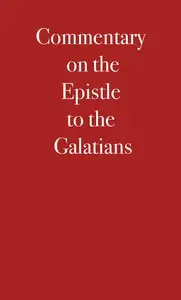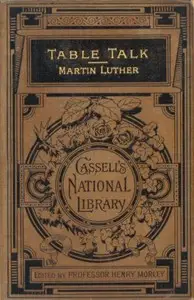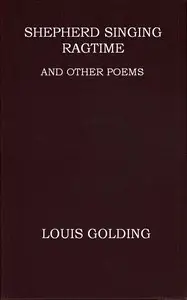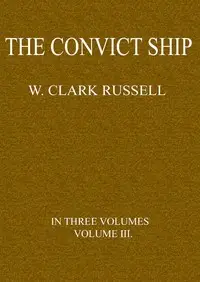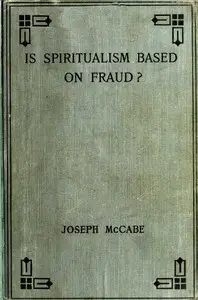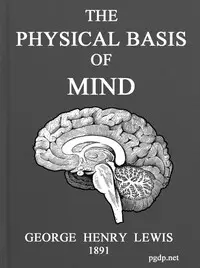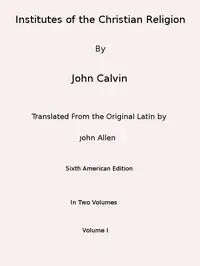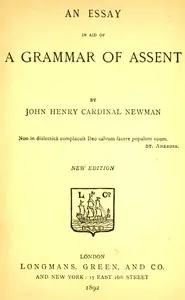"An Open Letter on Translating" by Martin Luther is a theological treatise written in the early 16th century, during the period of the Reformation. The book serves as a defense of Luther's translations of the Bible into German, primarily taking aim at critiques from Catholic authorities regarding his interpretations of scripture. The text discusses the challenges and responsibilities of translating sacred texts, especially when addressing contentious theological issues such as justification by faith alone. In the letter, Luther responds to a friend’s inquiries about his translation choices, particularly the inclusion of the word "sola" (alone) in his version of Romans 3:28, arguing that faith alone is central to Christian salvation and necessary to convey the meaning intended by St. Paul. He emphasizes the importance of using accessible language that resonates with common speakers of German rather than relying solely on literal translations from Greek or Latin, which may be unclear or misleading. Luther's passionate advocacy for a more nuanced and heartfelt approach to translation highlights his belief that language should serve the needs of believers seeking to understand and engage with the Christian faith. Throughout, he defends his authority and capability as a translator against accusations from his opponents, asserting that a proper understanding of scripture is paramount for the well-being of the church. (This is an automatically generated summary.)

An Open Letter on Translating
By Martin Luther
"An Open Letter on Translating" by Martin Luther is a theological treatise written in the early 16th century, during the period of the Reformation. Th...
Genres
Released
1995-06-01
Formats
epub3 (images)
epub
mobi (images)
mobi
epub (images)
Free Download
Overview
About the Author
Martin Luther was a German priest, theologian, author, hymnwriter, professor, and Augustinian friar. Luther was the seminal figure of the Protestant Reformation, and his theological beliefs form the basis of Lutheranism. He is widely regarded as one of the most influential figures in Western and Christian history.
Total Reviews
10.0k
Total reviews from Goodreads may change



